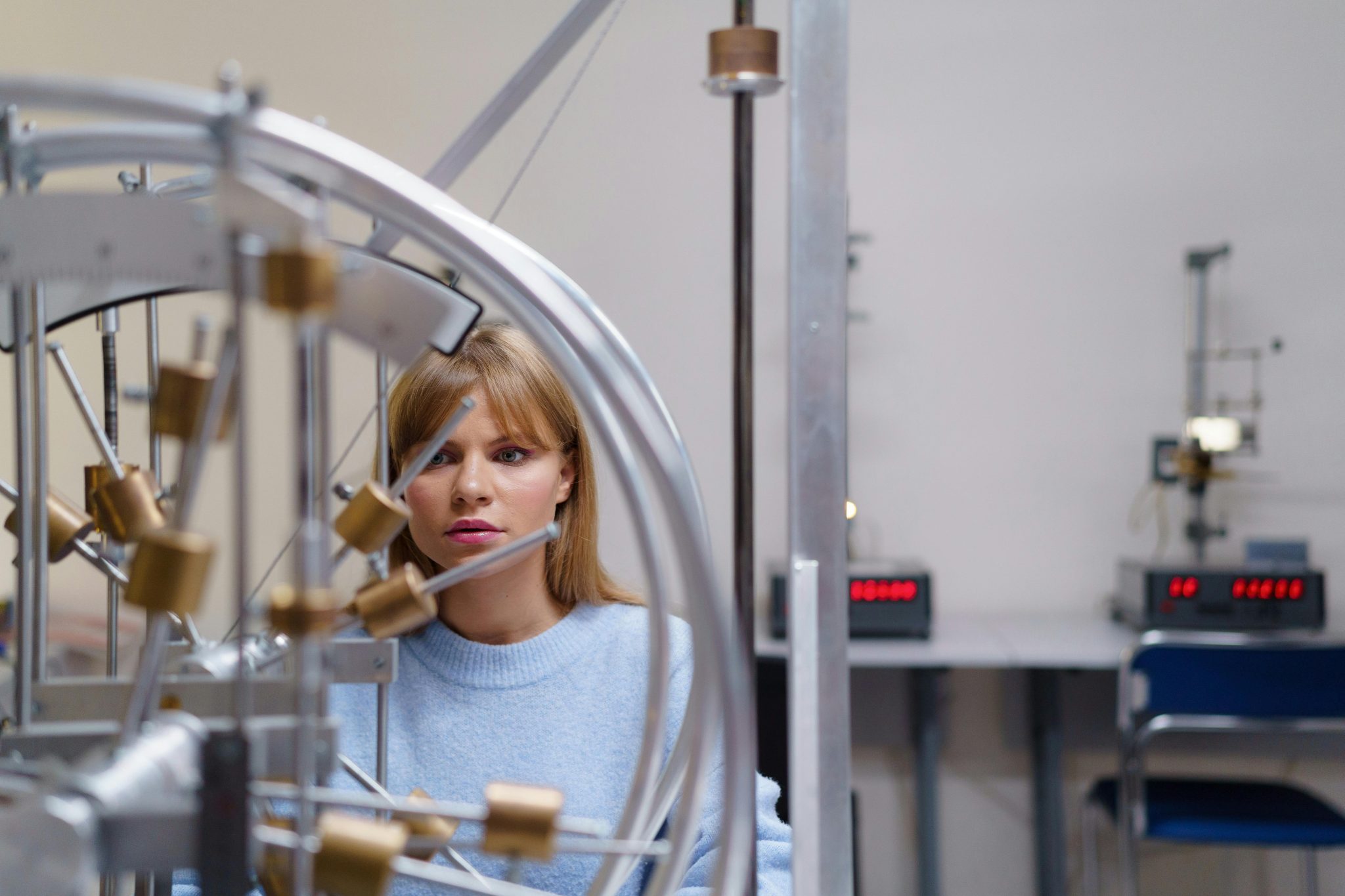Physics has a reputation for being complex and intimidating, but it doesn’t have to be that way. Have you ever stared at a page full of formulas and wondered, “What on earth does this even mean?” You are not alone. For many students, physics feels like a mountain too high to climb. But here is the good news. It does not have to be that way.
Imagine enjoying physics. Imagine walking into your exam confident, knowing you have nailed the key ideas, not just memorized random formulas. Sounds great, right? The trick is to make physics simple by focusing on understanding the concepts rather than just the equations. That is exactly what we are going to talk about.
Why Does Physics Feel So Hard?
Physics is not just about numbers and formulas. It is about understanding how the world works. Forces, energy, motion, and waves. It is all around us. Yet for many, these topics seem abstract and confusing.
Think about it. When you memorize a formula without understanding what it means, it is like trying to build a puzzle with pieces that do not quite fit. You might get lucky sometimes, but when the questions get tricky, you are stuck. Plus, physics problems often require you to apply concepts in different ways, not just recall facts.
So the first step to mastering physics is ditching the idea that you have to memorize everything. Instead, aim to understand what is going on behind the scenes.
Understanding Beats Memorizing Every Time
Have you ever crammed for a test only to forget everything a week later? That is the downside of memorization. When you understand a physics concept, your brain forms connections that stick. It’s like building a mental map, where one idea links to the next, making it easier to find your way back when you need it most, such as during an exam. You start to see patterns, figure out problems faster, and here’s the kicker: enjoy the subject.
So, how do you move from rote learning to real understanding? It is simpler than you think.
Start by asking yourself questions like, “What does this formula describe?” or “Why does this happen this way?” Instead of just writing down equations, try to visualize what is happening. Picture a ball rolling down a slope or light bending through a lens. Seeing the physics in action makes it stick.
Build Your Foundation: Master the Basics First
It is tempting to jump ahead to the cool stuff like electricity or quantum physics, but solid basics are everything. Think mechanics, motion, forces, energy, and waves. These are the building blocks.
Break down each topic into smaller pieces. For example, when learning about forces, focus on understanding gravity, friction, and tension separately before combining them. When you get these right, the bigger problems become easier to tackle.
Study Smarter, Not Harder
Let us be real. Simply reading the textbook will not suffice. Physics needs active work. That means rolling up your sleeves and practicing problems, explaining concepts out loud, and drawing diagrams to visualize ideas.
One of the best ways to speed up this process is to work with a physics tutor. You might wonder, “Do I need one?” Think about it like having a guide on a tricky hike. A physics tutor helps point out shortcuts, clear up confusion, and keep you motivated. They tailor explanations to your needs, making the whole journey smoother.
But even if a tutor is not an option right now, you can still use innovative strategies on your own.
Practice problems are your best friend. The more you solve, the more familiar patterns become.
Teach someone else. When you explain a concept to a friend or even yourself out loud, you test your understanding.
Use visuals. Draw force diagrams, sketch energy changes, or watch animations to bring concepts to life.
Ready for the Exam? Here is How to Tackle Questions Like a Pro
Exams do not just test your memory. They test how well you apply what you know. Therefore, it is vital to adopt a strategic approach.
Start by reading each question carefully. What is it asking? Look for keywords that tell you what to find or explain.
Next, plan your answer. Sometimes writing down what you know before jumping in can save time and reduce mistakes. Do not rush. Manage your exam time effectively so you can devote sufficient attention to each question.
Practice with past exam papers or mock tests. They help you spot common question types and build confidence. Plus, they are great for timing yourself.
Everyday Physics: It is Not Just for School
Here is a secret. Physics is not just for exams and classrooms. It is everywhere, in your morning coffee swirling in the cup, the way a bike slows down, or how sound travels when you chat with friends.
When you connect physics to real life, it becomes more interesting and easier to remember. Try to spot physics principles in your daily routine. Wonder why the sky is blue? Or how your phone’s screen lights up? Curiosity like this naturally boosts your learning and keeps things fun.
Wrapping It Up: From Confused to Confident
So, can physics be simple? Absolutely. By focusing on understanding, practicing actively, and even teaming up with a physics tutor, you will find the subject becoming more transparent and more manageable.
Remember, physics is not just a school subject. It is a way to see the world differently. And with the right mindset, it is a subject you can master. Exams? You will ace them because you are not just memorizing answers. You are thinking like a physicist.











